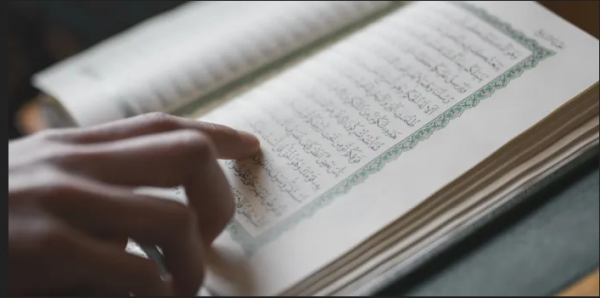We’ve had renewed calls to fix Quran errors.

Two articles published on websites in Saudi Arabia have demanded that ‘scribal errors’ in Quran be corrected and have also said that the religious texts be reexamined in light of modern perceptions so as to adapt them for the modern age. The articles, one published in January 2020 and the other in July, have made the suggestions in order to make them more readable, MEMRI has reported.
Saudi journalist Ahmad Hashem on his article published on the 10th of January 2020 on the “Saudi Opinions” website said that the Quran as it is known today was written during the reign of the Third Caliph of Islam Uthman bin Affan (ruled 644-656) in the Uthmanic script named after the Caliph under whose rule it was written.
Therefore, there was no reason to hold the writing system sacred, as the overwhelming majority of Muslims around the world are wont to do, as it is a human intervention, the author argued. Presenting numerous examples of spelling errors, he argued that there were nearly 2500 errors of spelling and grammar that were made which remain part of the Quran to this day.
The second article, authored for the website Elaph by Jarjis Gulizada, a writer and political analyst of Kurdish-Iraqi origin and the editor of the Iraqi magazine Baghdad, published on the 20th of July 2020 also argued that it is ‘irrational’ to hold the script as sacred and demonstrated more errors. MEMRI, which provided a translation of the article, reported, “He calls to publish an amended version of the Quran using modern spelling, because, in its present form, “it is not suitable for the Islamic nation in the modern world, and especially for non-Arab Muslims,” and states that this task should be undertaken by Saudi Arabia, specifically by its king and crown prince.”
The first article states, “The ‘Uthmani script, in which the Quran is written, was formed by several of the Prophet’s Companions and several members of the following generation, and they deserve credit for the effort they made, according to their ability at the time. [However,] the legacy they left us can be developed and amended if there is a better and more convenient alternative, as was done [in later years] when diacritics and punctuation marks were added [to the Quranic text]. The time has come to amend the spelling errors and other errors it contains, and adapt it to the rules of the Arabic language and grammar – for the Quranic text is open to any amendment that will make Allah’s book easier for Muslims to read and linguistically more correct.”
“The first issue I urge [them] to undertake is a reexamination of the Quranic script, [namely] the ‘Uthmani script, which is not suitable for the Islamic nation in the modern world, and especially for non-Arab Muslims, due to the difficulty of pronouncing words that are misspelled… Although Sunnis regard the ‘Uthmani script of the Quran as sacred, the evidence [they present] for this is irrational, because there is no rational basis for attributing sanctity to something man-made such as a script,” states the second.
All the translations in the report have been made by MEMRI.
